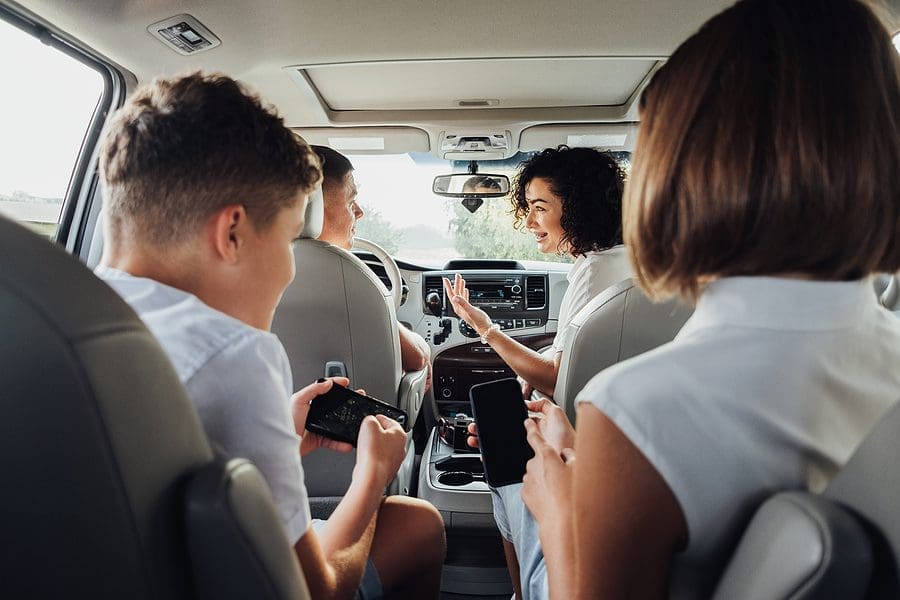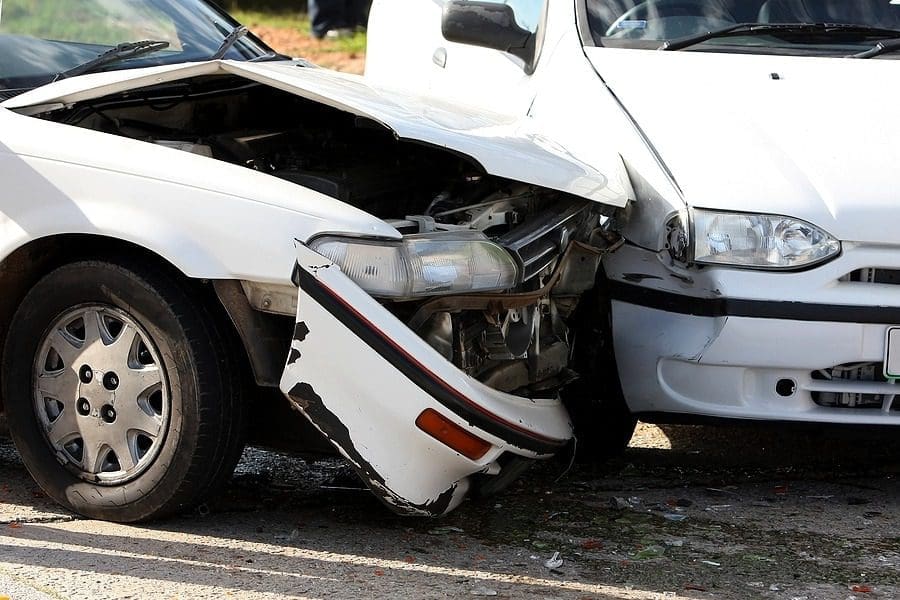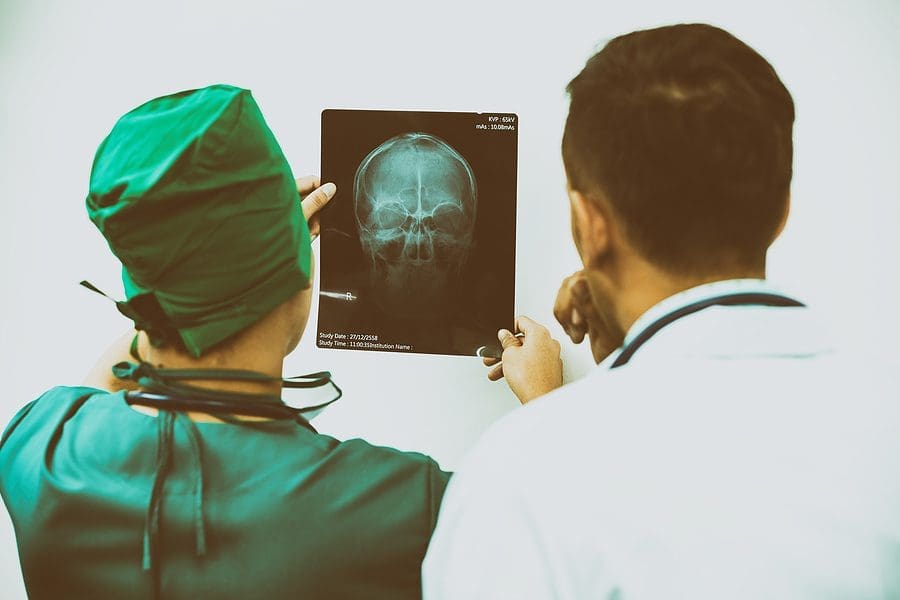JONES LAW GROUPYour Lawyers for Life! Personal Injury Law Firm in St. Petersburg

While Florida is a perfect place to take a long road trip, it can also be dangerous. Our highways are oftentimes the scenes of horrific accidents that can result in devastating injuries. The last thing you’ll want to have to deal with is a wreck that can ruin your great time. That’s why we’re providing […]
Call our personal injury law office directly at (727) 512-9847
At Jones Law Group in St. Petersburg, FL, we would like to hear from you. Contact us for a free personal injury case consultation.
Call our personal injury law office at (727) 512-9847
Get educated on the Florida's personal injury laws and more.
While Florida is a perfect place to take a long road trip, it can also be dangerous. Our highways are oftentimes the scenes of horrific accidents that can result in devastating injuries. The last thing you’ll want to have to deal with is a wreck that can ruin your great time. That’s why we’re providing you with some tips that will help you avoid that fate. Follow these road trip safety tips to stay safe while making memories.
If something should happen, however, and you’re involved in an accident that’s someone else’s fault, the attorneys with Jones Law Group will be ready to help. We will work to get you the maximum compensation for your injuries, and we’ll be here to answer all of your questions.
You can give us a call at (727) 571-1333 or use our online contact form to schedule a free evaluation of your case.
It will obviously be important to take the steps needed to ensure your vehicle is in the best possible shape before you start your trip. Many car accidents occur because people don’t take the time to check things like their tires, their brakes, their vehicle’s fluid levels and more. They can be severely hurt as a result.
It will be worth the money to take your vehicle to a mechanic at least a couple of weeks before you leave to have it checked out thoroughly. You’ll also have a great deal of peace of mind knowing that you’re good to go.
One of the most important things to check will be your coolant levels. If you don’t have enough, your engine could easily overheat if you get stuck in a long traffic jam. Have the mechanic look for any leaks, and also ask them to replace and refill the coolant if it’s old. Also, check the oil level – it will be a good idea to go ahead and get an oil change, even if your vehicle isn’t quite due.
The mechanic – or you, if you’re handy – should also check the tire pressure, belts, filters, caps and belts, and every other internal component. Also, make sure you have plenty of wiper fluid, and check your blades as well. You should also check your lights and signals to make sure they’re working properly.
This should be a no-brainer, but there are still people out there who won’t wear their seatbelts – not only when they’re in the passenger or back seat, but even when behind the wheel. This is never a good idea. It doesn’t matter where you’re sitting. If the car is in motion, wear your seatbelt.
Besides, you never know when a reckless driver will cross your path and cause a serious accident. When you buckle up, that will be the best thing you can do to protect yourself. Don’t think that the airbag will be enough. Actually, if you’re not wearing a seatbelt and the bag deploys, it could hit you with so much force it will hurt you worse than the wreck itself.
When you’re getting your vehicle checked out, that will also be a good time to put together an emergency kit, just in case you don’t already have one. Sure, you’re getting ready to go on a great trip, and you don’t want to have to worry about anything going wrong. But it will still be a good idea to cover yourself just in case.
This means making sure you have a pair of jumper cables, some printed-out maps (more on why this is important later), a jack, a spare tire, and a tire pressure gauge. Hopefully you have a spare. If not, don’t leave without it.
There are a few other things you should include in your kit as well, including the following:
Yes, it’s a cliché, but “failure to plan is planning to fail”. OK, that might be a little much for a road trip. But you should still make sure you’re completely aware of your route before you leave your driveway.
Don’t just count on the GPS that’s on your smartphone. As fantastic as that tool may be, what will you do if you’re in a rural area and you lose service? What if you forget to charge your phone, or it malfunctions? Nothing ruins a road trip any faster than getting lost.
So, just to be on the safe side, carefully map out your route before you leave. Print out maps of different sections of road and keep them in your emergency kit. Get a good old-fashioned road map and keep it in your car.
Also, pay attention to the weather. If you’ve lived in Florida for any length of time, you’ve probably been surprised by a thunderstorm. If this happens on the road and you’re not prepared, you could lose control.
If you’re tired, get off of the road immediately. This is especially true if you’re on a highway, but it applies to any situation. Even if you’re traveling slowly on a side road, fatigue could easily lead to a so-called “minor” accident – which is usually one that happens to someone else. You definitely don’t want to risk a wreck if you’re on a two-lane highway. That could lead to a horrible head-on wreck.
The attorneys with Jones Law Group hope you have a fantastic, stress-free time on your road trip. But if something should happen due to the negligence of another driver, we’ll be here to help you obtain the compensation you deserve. We will investigate the accident, and, if need be, bring in expert witnesses to make your case as strong as possible.
You can schedule a free consultation by giving us a call at (727) 571-1333 or contacting us online.

Injured car accident victims can claim compensation for economic and non-economic damages. Summary Car accident injuries can inflict considerable financial hardship and mental strain on an individual. Oftentimes, the only way to fully offset these unexpected expenses is to file a car accident claim. Many of our clients don’t realize the scope of economic and […]

Summary Navigating Fender Benders Claims in Florida. Taking Legal Action After a Minor Car Accident A fender bender might seem minor but can lead to significant consequences. The silver lining is, that car accident survivors don’t have to worry about what the law says about the question “Can you sue for a fender bender in […]

So you have been involved in an accident. You were not in perfect condition before the accident. Perhaps you had an old injury to your back. Perhaps your prior back injury had not flared up in years or perhaps you noticed minor pain only when performing certain activities. After the accident, you notice that the […]

One of the primary dangers of road rage is that it leads to aggressive and careless driving behaviors which put other drivers, passengers, motorcyclists, bicyclists, and pedestrians in harm’s way. Summary It’s not an exaggeration at all to say the dangers of road rage are frightening. Not only does it not make any sense whatsoever, […]

The owner of a property, regardless of whether it is a business or private residence, has certain duties that he owes to all that enter the property. The duties owed depend upon the circumstances and classification of the visitor. The injured party in a premises liability case will be expected to prove that the owner […]

Thankfully, most personal injury accidents don’t lead to permanent debilitation. But there are instances where a victim of negligence suddenly sees their life change in a devastating fashion. Catastrophic injuries can rob people of their ability to do even the simplest things. They can also require around-the-clock care. The attorneys with Jones Law Group have extensive experience helping catastrophic injury […]
Speak with us before time runs out! In Florida, you have a limited window to file a personal injury case, so speak to an Attorney today.
Call our personal injury law office directly at (727) 512-9847
Jones Law Group is a dedicated personal injury lawyer in St. Petersburg, FL, serving the Tampa Bay area since 2006. Our experienced attorneys specialize in car accidents, slip and fall cases, employment law disputes, construction law issues, and overtime wage claims, fighting for maximum compensation on a contingency fee basis. Contact us for a free consultation to discuss your case.
Call our personal injury law office at (727) 512-9847
© Copyright 2006–2025 Jones Law Group Attorneys at Law. All rights reserved. Privacy Policy Terms of Use
Attorney Advertising.
The information on this website is for general information purposes only. Nothing on this site should be taken as legal advice for any individual case or situation. This information is not intended to create, and receipt or viewing does not constitute, an attorney-client relationship. Past results do not guarantee similar outcomes.
Are you injured or wronged and interested in a consultation? Fill out the form for a free consultation with us.